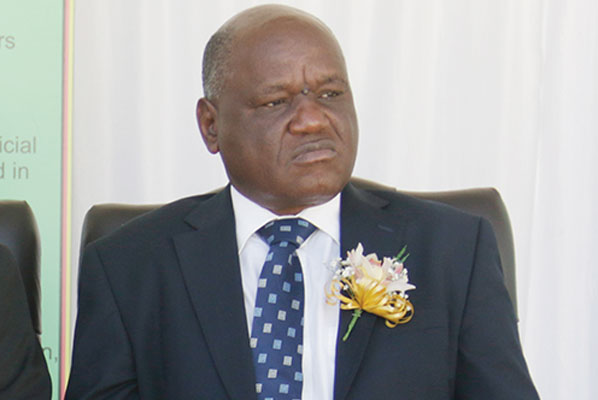
THOUSANDS of workers, whose employment contracts were arbitrarily terminated on notice following the infamous Zuva Petroleum judgment of July 2015, have been handed a lifeline following a landmark ruling by the Constitutional Court compelling all employers to pay their ex-workers damages for loss of employment retrospectively. BY CHARLES LAITON
The judgment by Chief Justice Luke Malaba came after Greatermans Stores had approached the ConCourt challenging the amendments to the labour laws that compel employers to compensate their ex-workers, their severance packages retrospectively.
“Payment of a severance package based on length of service to an employee whose contract was terminated for reasons other than misconduct cannot constitute an unfair labour practice within the meaning of section 65(1) of the Constitution. The applicants’ (Greatermans and Meikles Hospitality) allegation is clearly without legal basis. There was no violation of the right to fair labour practice,” Justice Malaba said.
“The legislature, as an arm of government responsible for making laws, is clearly not envisaged by the Act as part of those who can commit an unfair labour practice. Unfair labour practice is conduct which is prohibited by law. It can only be committed by the employer in respect of the employee and his or her interests or by the employee of the employer and his or her or its interests.”
In its application, Greatermans had argued that the transitional provision imposed by the new labour law was unconstitutional because it gave retrospective effect to a new obligation imposed on employers who terminated contracts of employment on notice, to pay the employees, “the minimum retrenchment package” of not less than a month’s salary or wages for every two years of service as an employee.
“It is a recognised principle of labour relations reflective of social justice that when employment is terminated for reasons other than misconduct, compensation for long service rendered is paid. Payment of a severance package based on length of service to an employee, whose contract was terminated for a reason other than misconduct, has always been viewed as a means of ensuring that the employee has a soft and safe landing after losing employment,” Justice Malaba said, adding “the obligation was retrospectively imposed on all employers, who terminated employees’ contracts on notice on or after July 17, 2015.”
He added that in considering the question of constitutionality of the transitional provision, it was important to state that, except criminal law, there is no provision in the Constitution that prohibits the enactment of retrospective civil legislation.
“While the Constitution offers meaningful constitutional restraint against retrospectivity with regard to criminal legislation in terms of practical limitation upon the exercise of legislative power, this safeguard does not extend to civil legislation. In other words, there is no constitutional requirement of civil legislation retrospectivity,” he said.
- Chamisa under fire over US$120K donation
- Mavhunga puts DeMbare into Chibuku quarterfinals
- Pension funds bet on Cabora Bassa oilfields
- Councils defy govt fire tender directive
Keep Reading
Justice Malaba, in concurrence with all judges of the ConCourt said retrospectivity is one of the methods by which the legislature chooses to implement civil legislation it enacts for the purpose of peace, order, and good governance.
“…..there is no constitutional provision that prohibits the legislature from using retrospectivity as a method of giving effect to civil legislation. Retrospective law making has been part of instruments of governance of human affair for many centuries,” he said.











